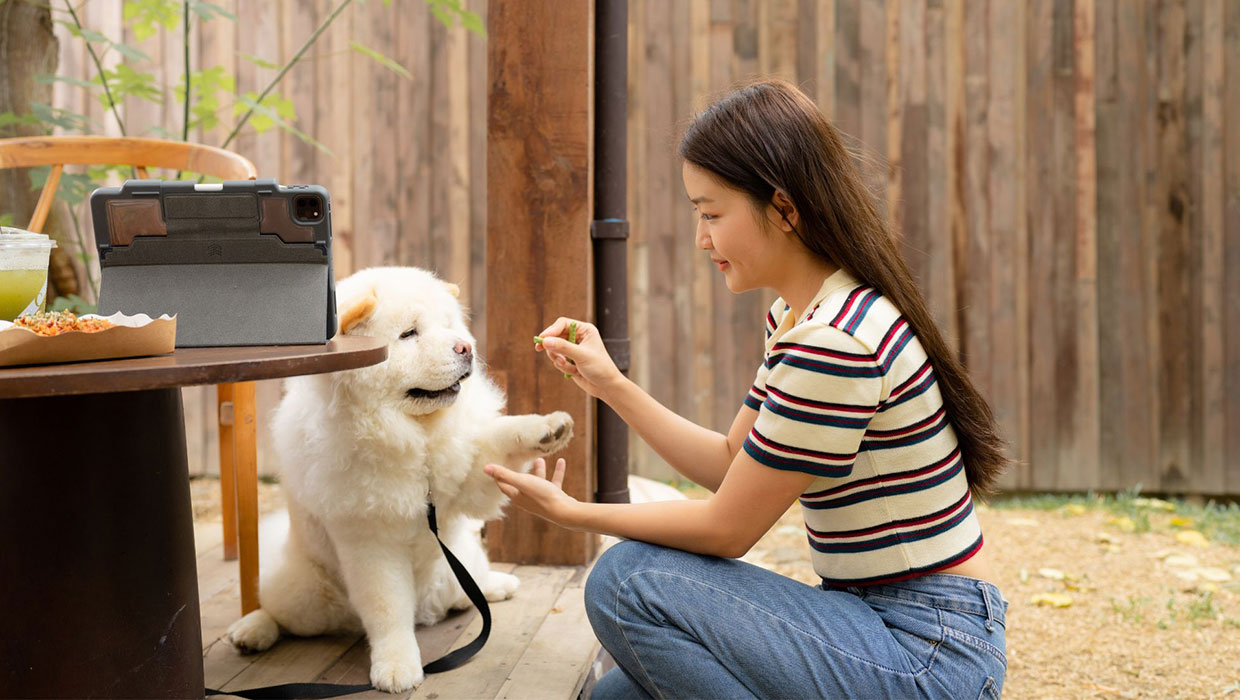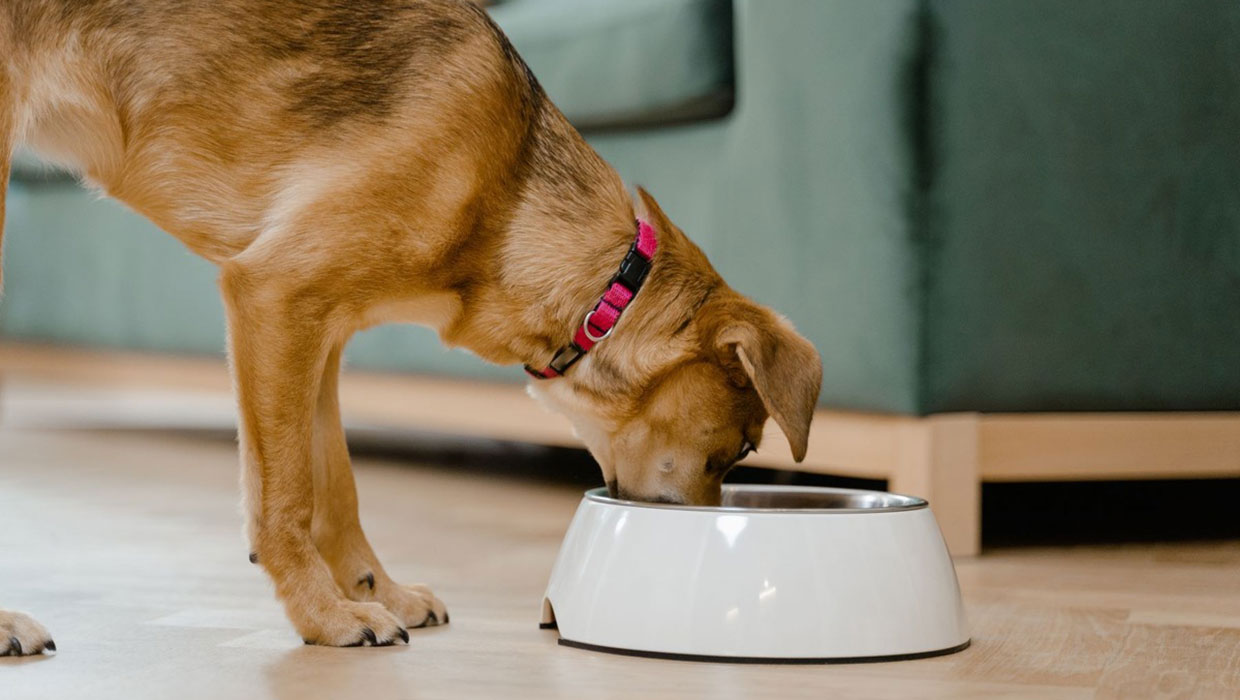As a dog pawrent, it is for sure that you share a special bond with your doggo. You play, cuddle, and care for them every single day. But did you know that being a vigilant dog owner goes beyond just playtime and snuggles? Your responsibility extends to checking everything your dog ingests, every product they use, and even the environmental factors within your home that could potentially impact their health.
But did you know that one of the most insightful indicators of your dog’s health lies right under your nose? Yes, we’re talking about their poop! While it may not be the most glamorous topic, the appearance of your dog’s stool can tell you a lot about what’s happening in their gut and tell you what needs to be addressed immediately.
The Scoop on Doggy Poop
Before diving into the details, let’s establish a basic understanding of what a healthy doggy poop should look like. Healthy stools are generally chocolate-brown in color and have a firm, well-formed consistency. They should be easy to pick up and have minimal odor.
Now that we have a benchmark, here are things to look out for as you decode the secrets your dog’s poop holds and empower you to take better care of your beloved companion.
Colorful Clues
The color of your dog’s poop can reveal a lot about their health. While brown is considered normal, deviations might indicate underlying issues. Greenish stool might suggest a dietary change, while yellowish poop could be a sign of gallbladder or liver problems. Dark, tarry stools could indicate bleeding in the upper digestive tract. Keeping an eye out for any dramatic color changes can help you assess your dog’s health, and if you are still in doubt, consult your vet immediately.
Texture Matters
The texture of your dog’s poop is another essential indicator of their health status. Ideally, their stools should be firm but not too hard. Diarrhea or overly soft stools might be a sign of an upset gastrointestinal tract, food intolerance, or infection. On the flip side, hard, dry stools could possibly point to dehydration or other dietary issues.
Size and Shape
Believe it or not, even the size and shape of your doggo’s poop can tell you if something’s wrong with their overall well-being. Pay close attention to any sudden changes – unusually small or narrow stools might indicate a potential blockage in their digestive tract, while very large, bulky stools could signal poor nutrient absorption.
Consistency Check
Consistency is also an indicator when checking for signs of health problem on your dog’s poop. If you notice mucus or blood in their stool, it’s time to consult the vet immediately. While a small amount of mucus may be considered normal, persistent or excessive amounts might actually indicate inflammation or infection somewhere in your doggo’s body.
Frequency Fluctuations
Just like humans, dogs have their bathroom routines too. While a bit of variation in the frequency of their pooping is normal, a sudden and persistent change could indicate an underlying issue. You have to observe if your dog is straining to poop or experiencing constipation. Remember to seek professional advice first before trying out any supplements to help ease their bowel.
Odor Insights
We’re all familiar with the distinctive smell of dog poop, but if you notice a sudden change in odor, that might be a red flag! Extremely foul-smelling stools could be linked to serious dietary issues, infections, or gastrointestinal problems.
Once you notice a bit of an off smell on your doggo’s poop, make sure to bring him to your vet for checking. Afterwards, you can also consider giving them a bowl of the Maxime Elite Dry Dog Food as it is enriched with DHA for a sharper mind, prebiotics for better absorption of nutrients, and yucca extract that helps reduce the odor of your floof’s poop. As with all Maxime products, following our feeding guide and 7-day transition will help ensure that your pup gets the best nourishment possible.
Foreign Objects
Keep an eye out for any unusual objects in your dog’s poop. Swallowed items like plastic, toys, or even bones can lead to serious health concerns. If you notice anything out of the ordinary, bring your floof to the vet immediately.
As a responsible dog pawrent, understanding your furry friend’s health should be our top-most priority. By closely observing your dog’s poop, you can gain valuable insights into their well-being and catch any potential health issues early on. Remember that occasional variations in your floof’s poop are normal, but consistent changes might indicate that it’s time to visit the vet. Regular check-ups, a balanced diet, proper hydration, and plenty of exercise contribute to maintaining your dog’s digestive health.
Next time you’re out for a walk with your pup, take a moment to check their poop – not only are you being a dedicated owner, but you are also ensuring your beloved companion lives a happy, healthy life. So, embrace the not-so-glamorous side of pet parenting and let your dog’s poop be your guide to their overall well-being.





